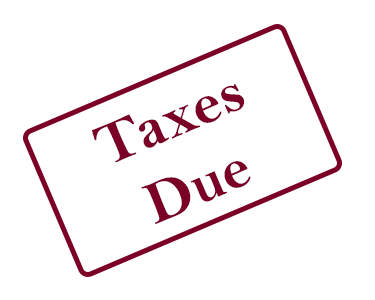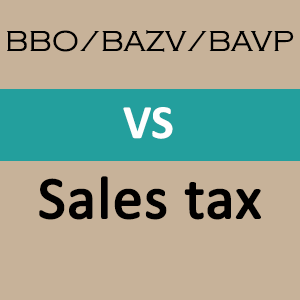On May 22, 2018 the parliament of Aruba passed a legislative bill by the name “introduction crisis levy and other tax measures”. This bill aims to temporarily generate additional tax revenues for the government by (1) introducing a new tax to cover so-called PPS projects and (2) to increase the BAZV tax. These two measures are referred to as the “Crisis levy” and is intended to be a temporary measure by the Aruban government to curb with the worrysome public finances.
A secondary aim of this bill is to introduce measures that will simplify the current Aruban tax system. These changes will be introduced in phases.
Most amendments are scheduled to start on July 1, 2018. Below you will find the most important changes:
- The introduction of a so-called BAVP tax of 1.5%. This tax is handled similar to the existing BBO and BAZV.
- The BAZV tax rate will be raised from the current 2% to 3%. This increase, together with the above-mentioned BAVP tax is referred to as the “Crisis levy”.
- Extension of the term “business” for BBO, BAZV and BAVP purposes to include any situation where an asset is commercially operated with the aim to acquire long term benefits. This is done to eliminate the discussion as to whether leasing out of a commercial real estate qualifies as a “business” given that it involves little labor.
- BBO and BAZV (and now BAVP) are normally payable by the company supplying the product or service. However, this can have practical complications for foreign companies with limited presence in Aruba. In respect of such cases the possibility has been introduced that the minister in charge of finance can determine that in some cases the BBO, BAZV and BAVP is payable by the local customer.
- A provision has been introduced that will allow small businesses (entrepreneurs) to request an exemption for paying BBO, BAZV and BAVP. In order to qualify as a “small business” the following conditions need to be met:
- The entrepreneur is a natural person;
- The entrepreneur has to prove that the business has revenues of Awg. 12,000 or less per calendar year;
- The business is not that of commercially operating an asset (real estate) with the aim to acquire long term benefits, and
- If the entrepreneur has more than one business or profession, the revenue of all these businesses or professions together will be taken into account.
- Previous exemptions for particular services provided by banks and insurance companies (other than closing and executing contracts relating to pensions and life insurance policies) will be revoked.




